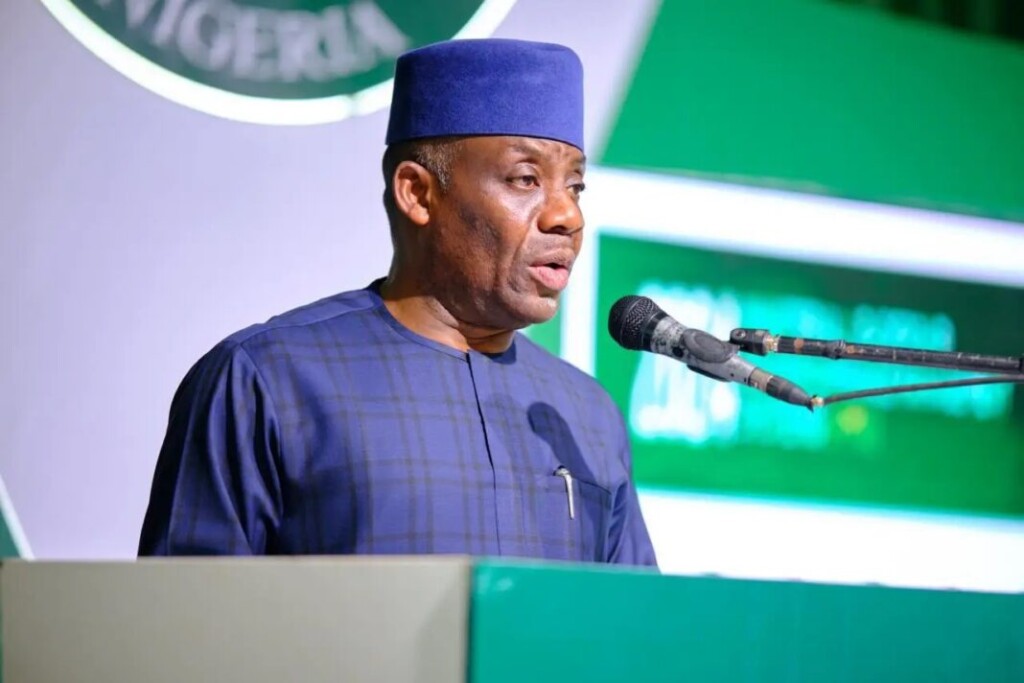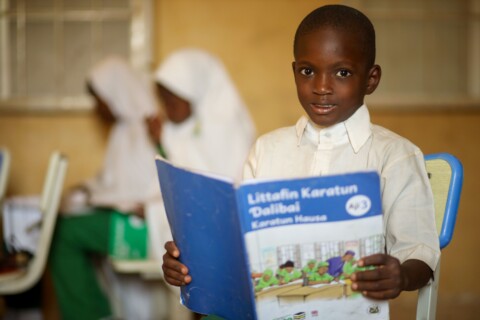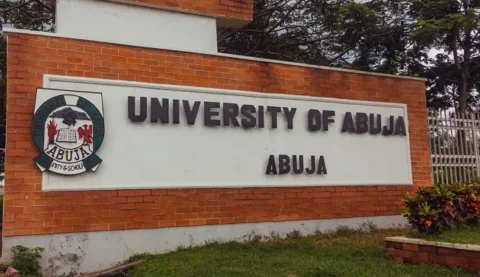The Federal Government has introduced the National Policy on Non-State Schools in Nigeria, aimed at regulating and coordinating the operations of private, faith-based, community, and home schools across the country to ensure they meet national education standards.
The policy was launched on Wednesday in Abuja by the Minister of Education, Dr. Tunji Alausa. It provides a set of guidelines for non-state schools, covering areas such as infrastructure, teacher qualifications, and curriculum delivery.
Also covered under the new policy are religious or missionary schools, tutorial centres, adult literacy programs, and voluntary or charity-run schools.
Supported by the British High Commission and the Partnership for Learning for All in Nigeria (PLANE), the policy comes in response to the rapid expansion of non-state primary and junior secondary schools in the country. According to data presented by the minister, non-state schools recorded a 39 percent increase between 2017 and 2022. In contrast, government-owned primary and junior secondary schools grew by only 3.5 percent and 6.3 percent, respectively, during the same period.
Dr. Alausa explained that Nigeria’s rising population and limited public education infrastructure have made non-state schools an essential part of the education system. He noted that despite ongoing challenges such as inconsistent quality, the role of these schools will continue to expand in the years ahead.
He stated that the new policy outlines clear operational standards and encourages greater collaboration between non-state schools and the government in order to achieve shared educational goals.
The policy also aims to enhance data collection and management for non-state schools, improve their quality, and ensure safer learning environments in line with the National School Safety Policy. Dr. Alausa described the initiative as part of the broader National Education Sector Renewal Initiative, which prioritises education as a key driver of national development.
Recognising the contribution of non-state schools in reducing the number of out-of-school children, the minister announced that the Federal Government will provide support in the form of vouchers for each out-of-school child enrolled by non-state schools.
He said, “Additionally, in line with our commitment to reducing the number of out-of-school children, we will support all NSNs with vouchers for each OOSC child enrolled. Under this administration, no child will be left behind. We are committed to ensuring that every child, whether in public or non-state schools, has access to quality education regardless of their background or location.”
He urged state governments and education stakeholders to join hands in ensuring effective implementation of the policy.
“As I’ve consistently emphasised, the government cannot — and should not — do this work alone. I call on all stakeholders to support the implementation of this policy and to work collaboratively toward a future where every Nigerian child receives the education and skills they need to reach their full potential,” Alausa said.
In his remarks, Ian Attfield, Senior Education Adviser at the British High Commission in Abuja, emphasised the importance of fair regulation that both promotes access to education and strengthens the non-state school sector.
He reaffirmed the UK government’s commitment to partnering with Nigeria to support forward-thinking education reforms.





